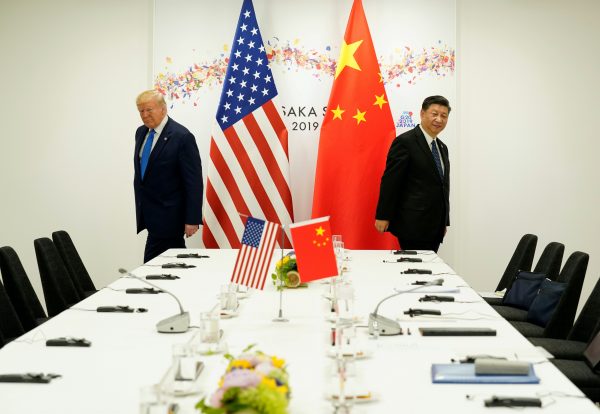Since its inception in 1999 in the wake of the Asian financial crisis, the G20 has been considered the premier global forum for discussing economic issues. Its role was enhanced following the 2008 global financial crisis, when participation was elevated to the heads of state of 19 economies and the European Union. It has focussed on trying to coordinate global policy on finance, trade, health and climate, as well as addressing national security issues such as the Iranian nuclear program and the Syrian civil war.
Some advocates have continued to promote the G20 as the natural forum to discuss major issues confronting the world. But the G20 faces three major challenges: legitimacy, effectiveness and membership.
The G20’s legitimacy has been questioned by countries like Norway, which is not represented either directly or indirectly as it is not a member of the European Union. The exclusion of such countries as Spain and Poland has also been called into question, as well as the underrepresentation of African countries. For its part, the G20 can claim that it currently represents 85 per cent of global gross national product, 75 per cent of global trade and two-thirds of the world’s population.
Some have cast doubt on the effectiveness of the G20, especially given the large number of members and their divergent political and economic priorities. Rather than producing decisive outcomes and clear actionable recommendations, the forum has often found itself mired in vague diplomatic pronouncements couched in bureaucratic jargon. Too often, its consensus-based approach gives way to the lowest common denominator. This has been especially noticeable in recent years, when the United States under President Donald Trump has adhered to positions different from the other members on policies related to climate change, trade, and refugees and immigration.
Related to both legitimacy and effectiveness is the issue of membership. Given the different political orientations of the G20 member countries and the increasing convergence of national security, political and economic interests and policies, doubts have been expressed about the institution’s current composition.
The election of former vice president Joe Biden as the 46th President of the United States on 3 November has been greeted with relief among many of America’s allies. Many US partners have been dismayed and alarmed by President Trump’s promotion of ‘America First’ and its elevation of unilateralism and denigration of multilateralism.
Given Biden’s track record as a senator for 36 years (including chairing the Senate Foreign Relations Committee) and as vice president for eight years, many expect that he will restore the US commitment to multilateralism and international organisations. These expectations have been raised by Biden’s stated desire to return the United States to the Paris Climate Accord and to the World Health Organization, both international commitments from which Trump withdrew.
Biden said on several occasions that, upon assuming the presidency, he will convene a ‘Summit of Democracies’ in Washington to meet with like-minded countries that the United States would work with to address global issues. One possible model that has been cited is the D-10 created in 2014 by the Atlantic Council. Participants have included Australia, Canada, France, Germany, Italy, Japan, South Korea, the United Kingdom, the United States and the European Union, with India, Indonesia, Poland and Spain as observers.
With heightened tensions and competition between the United States and China and between the United States and Russia, the usefulness of the G20 may face attenuation. Or perhaps the G20 will increasingly focus global cooperation on issues that are less overtly political in nature, such as combating pandemics or climate change, or dealing with natural disaster prevention and relief.
Given the three challenges outlined above — legitimacy, effectiveness and membership — the G20 will require significant reinvigoration if it is to fulfill the promise it has enjoyed since its inception. With the United States now having a lame duck president and Saudi Arabia facing considerable criticism for its human rights policy, few expect this year’s Riyadh Summit to produce significant progress on the major crises confronting the world, including the coronavirus, economic downturn or climate change.
Next year’s Rome G20 Summit will be hosted by Italy. It may turn out to be the test to see whether — with a new US administration prepared to engage multilaterally and with the world hopefully recovering from the coronavirus and economic downturn — the G20 will finally be able to fulfill the high expectations placed on it over the past two decades.
Glen S Fukushima is former deputy assistant US trade representative for Japan and China and was president of the American Chamber of Commerce in Japan.

